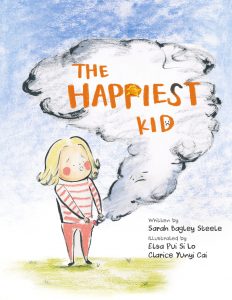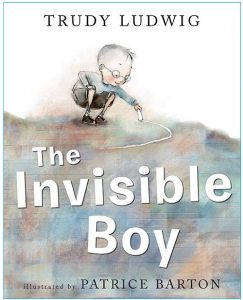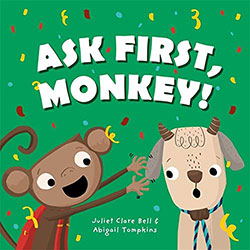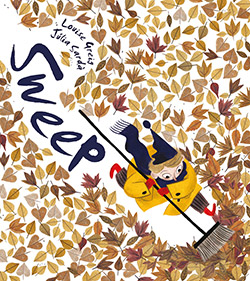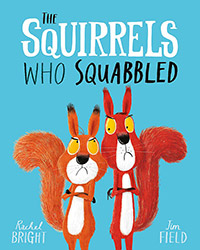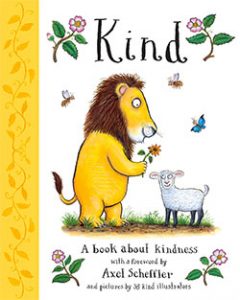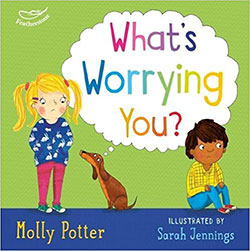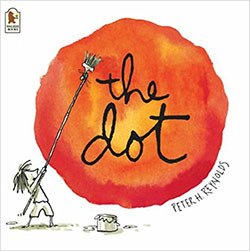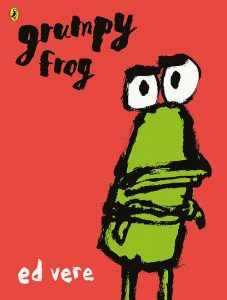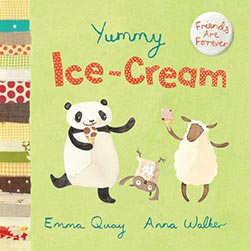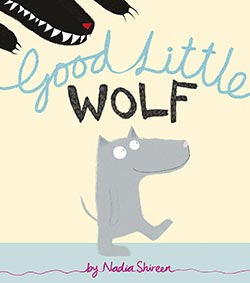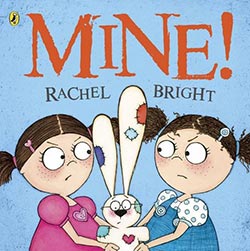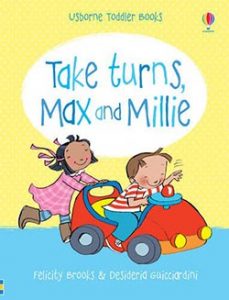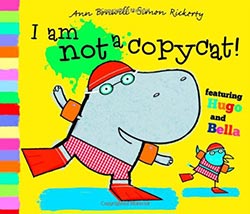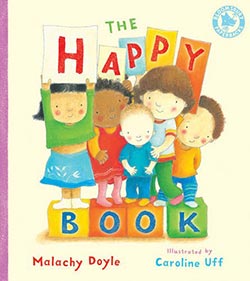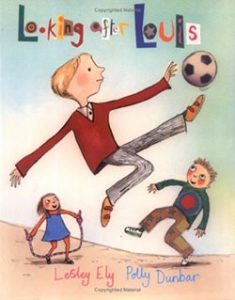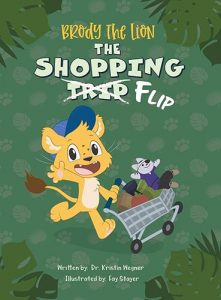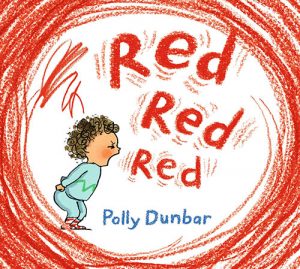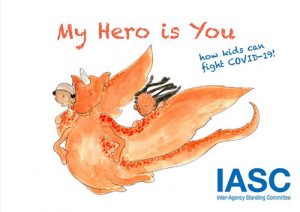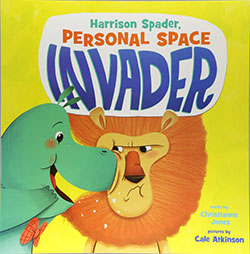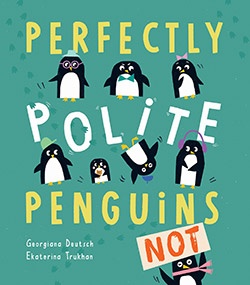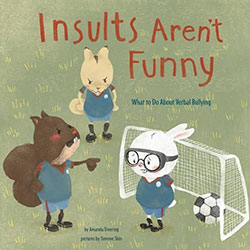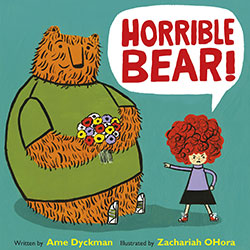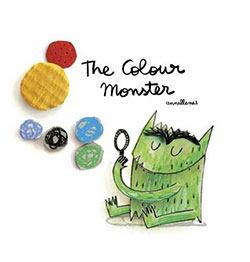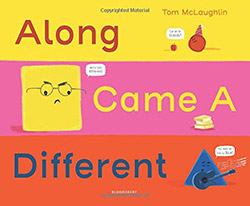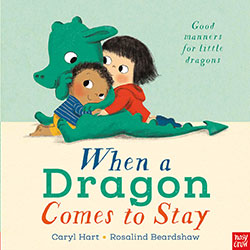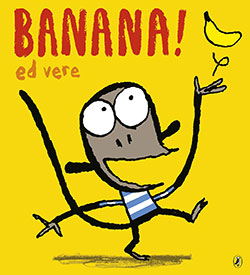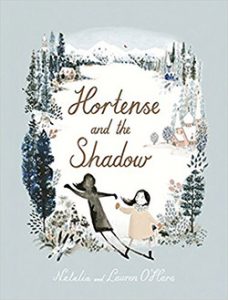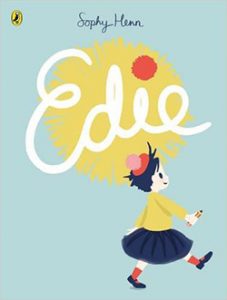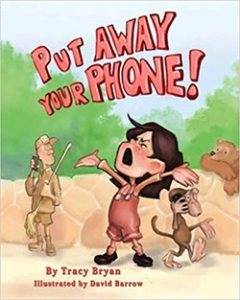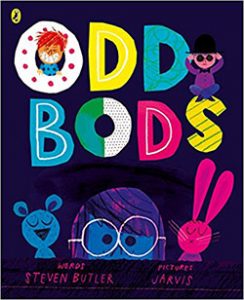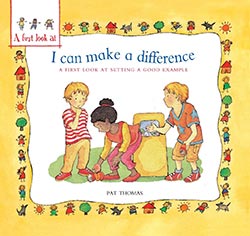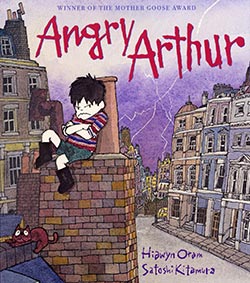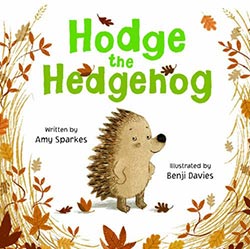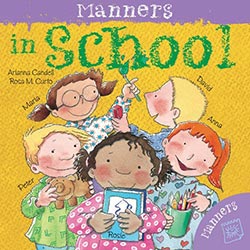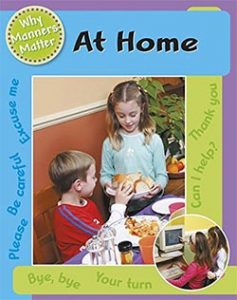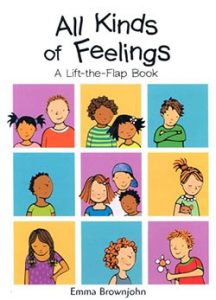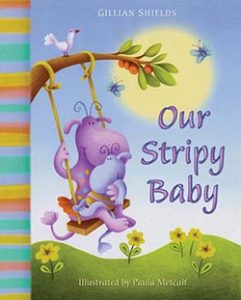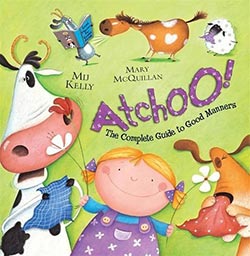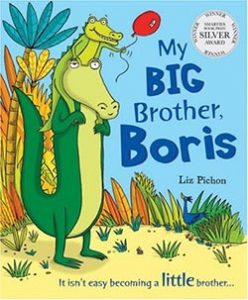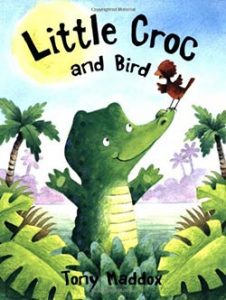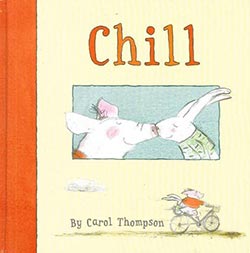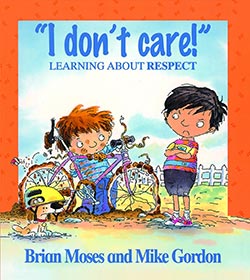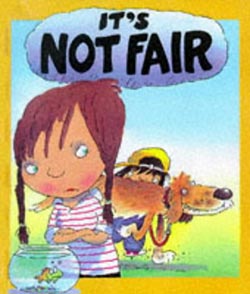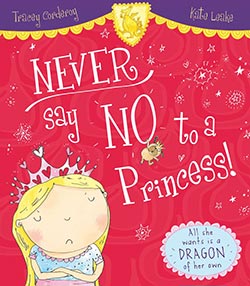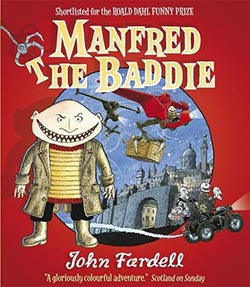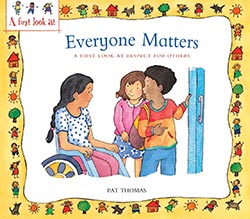Picture books tagged with: behaviour
The Invisible Boy
Charlie and the Dog Who Came to Stay: A Book About Depression
This gentle and reassuring story should chime with any young child who is living with depression, whether it is themselves or someone else who has been affected by it. A useful tool to help children to understand depression and how it can change people's feelings and behaviour, containing practical non-preachy guidance and coping strategies.
Ask First, Monkey!
Sweep
The Squirrels Who Squabbled
Kind
How to be a Lion
What’s worrying you?
The Dot
Grumpy Frog
Yummy Ice-Cream
Good Little Wolf
Mine!
Take turns, Max and Millie
I Am Not a Copycat! (Hugo & Bella)
The Happy Book
Looking after Louis
Brody The Lion: The Shopping Flip
Daddy’s Time Out
Having a loved one in prison can be bewildering and distressing for a young child. They may feel shame, guilt, separation anxiety, and a host of other challenging emotions, or feel that they are no longer loved by (or feel that it is no longer appropriate for them to love) the estranged person. This simple, age-appropriate story helps to reassure, educate and comfort.
Red Red Red
My Hero Is You
Harrison Spader, Personal Space Invader
Perfectly Polite Penguins
Insults Aren’t Funny: What to Do About Verbal Bullying
Horrible Bear!
The Colour Monster
Along Came A Different
When a Dragon Comes to Stay
Banana!
Hortense and the Shadow
Edie
Inquisitive children who love to help will engage with Edie. They will be able to relate to her, and understands what she is doing. Furthermore, readers can be encouraged to look closely at the pictures, to see how any help Edie is giving might be received, and to think of ways in which their own helping strategies might be improved. This book affectionately explains a child’s thought processes, and reminds the adult reader that perhaps what might sometimes be seen as “naughtiness” is often just a small person’s way of helping.
Put Away Your Phone!
Odd Bods
I Can Make a Difference: A First Look at Setting a Good Example
Angry Arthur
Hodge the Hedgehog
Manners in School
At Home (Why Manners Matter)
All Kinds of Feelings: a Lift-the-Flap Book
Our Stripy Baby
ATCHOO: The Complete Guide to Good Manners
My Big Brother, Boris
Little Croc and Bird
Chill
I Don’t Care!: Learning About Respect
It’s Not Fair (Your Feelings)
Never Say No to a Princess!
Sometimes children just can't stop themselves from asking for everything they see and in the modern consumerist society it is increasingly difficult for parents to say no to their children's demands. The little princess's parents give her all the sparkly things she wants whenever she asks for them but she is never happy and she never says please.
